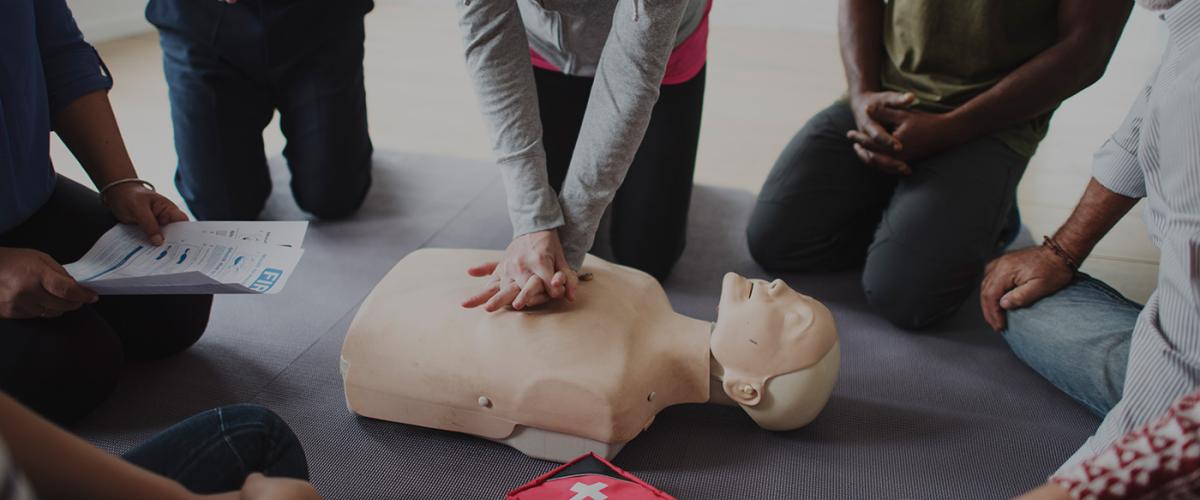Division of Public Safety launches new Sexual Assault Response Team
When someone experiences sexual assault, every moment afterward matters. How a survivor is met—with compassion, understanding and care—can make a lasting difference in their healing process. Recognizing the importance of this first response, Case Western Reserve University’s Division of Public Safety has launched the Sexual Assault Response Team (SART)—a new initiative designed to ensure survivors receive immediate, 24/7 support from the moment help is requested.
“Our goal is to not only respond with a trauma-informed lens and coordinated care, but to make sure survivors never have to face this experience alone,” said Chiane Martin, the SART program initiative manager. “We are focused on identifying problems, closing gaps and creating solutions that make our campus safer, stronger and better prepared.”
A compassionate, coordinated approach
At the heart of SART’s mission is a survivor-centered and trauma-informed response. When an assault is reported, the team’s specially trained police officers are typically the first to respond. They gather initial statements, explain legal options such as protection orders, and connect survivors with confidential advocates who remain by their side through every stage of the process—from medical exams and law enforcement interviews to court proceedings if the case advances.
Embedded within the team are licensed mental health clinicians, who offer immediate emotional support and help survivors begin to process their experiences. These clinicians also connect individuals to ongoing counseling and care, ensuring they have access to resources well beyond the initial response.
The team also is training CWRU’s police dispatchers, so that, from the very first call, survivors have trauma-informed interactions with public safety, said Megan Koeth, executive director of public safety.
SART members—all of whom are volunteers from the Division of Public Safety—undergo more than 25 hours of specialized training across 12 topics related to sexual assault and domestic violence. This includes instruction on trauma-informed interviewing, victims’ rights and the neurological impacts of trauma.
The program works closely with key campus partners—including the Flora Stone Mather Center for Women, University Health and Counseling Services and the Office of Equity—as well as community organizations, such as the Cleveland Rape Crisis Center and Journey Center for Safety and Healing. Representatives from each play a vital role in providing comprehensive support for survivors and strengthening prevention and education efforts across campus.
“Creating the Sexual Assault Response Team will help every survivor at CWRU receive immediate, compassionate and coordinated support,” Koeth said. “Sexual assaults are among the most serious calls our officers report to, and we want every person who faces this experience to know that we are here to listen to and support them however we can.”
In addition to direct response and survivor support, the SART initiative offers a range of prevention-focused programs, including RISE UP, a self-defense course, and Safety 101 and Safety 201 presentations designed to promote personal and community safety and awareness.
“Looking ahead, we are committed to expanding our outreach and developing new initiatives to ensure our community is as informed, empowered and prepared as possible, particularly in preventing and responding to sexual and relationship violence,” Martin said.




